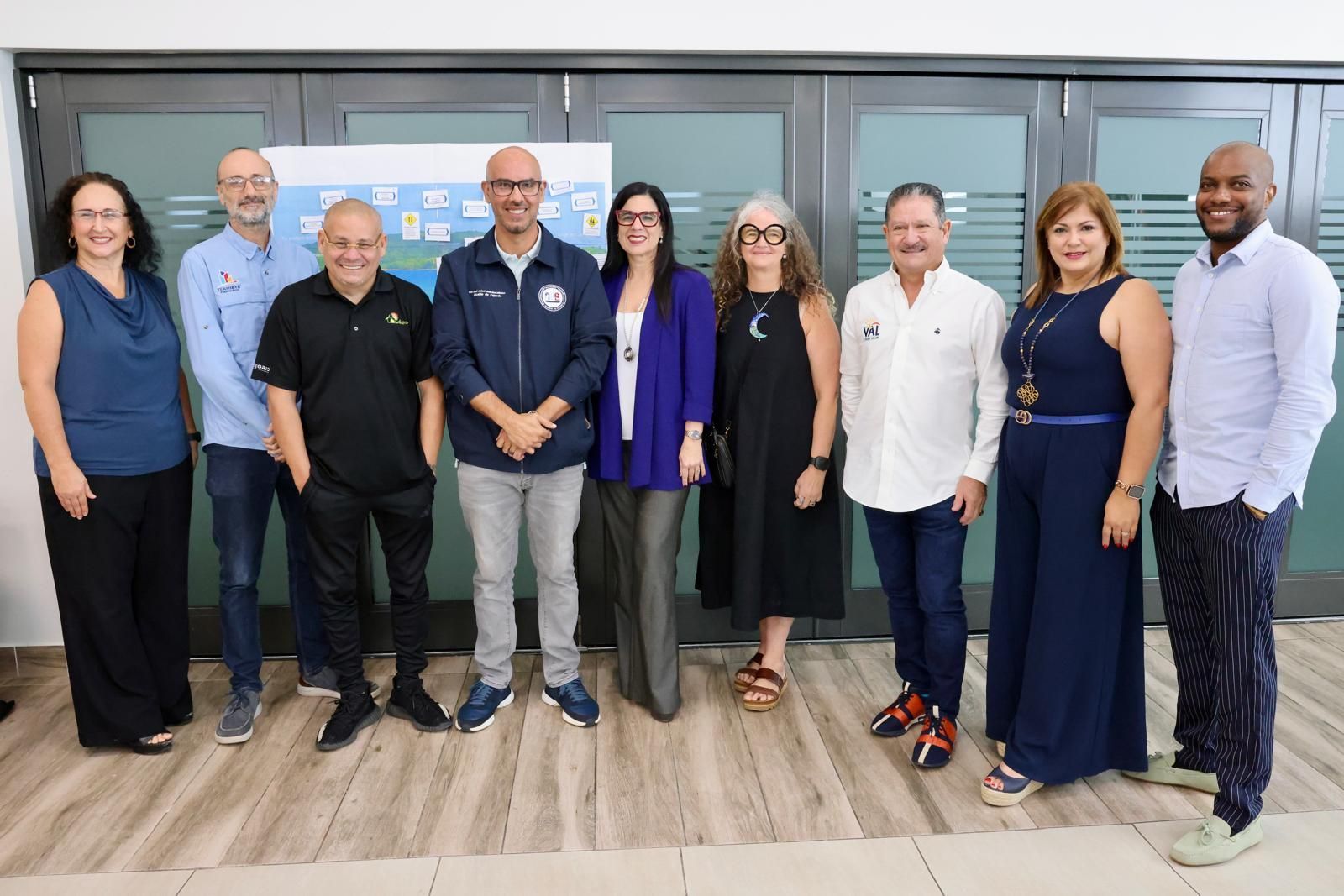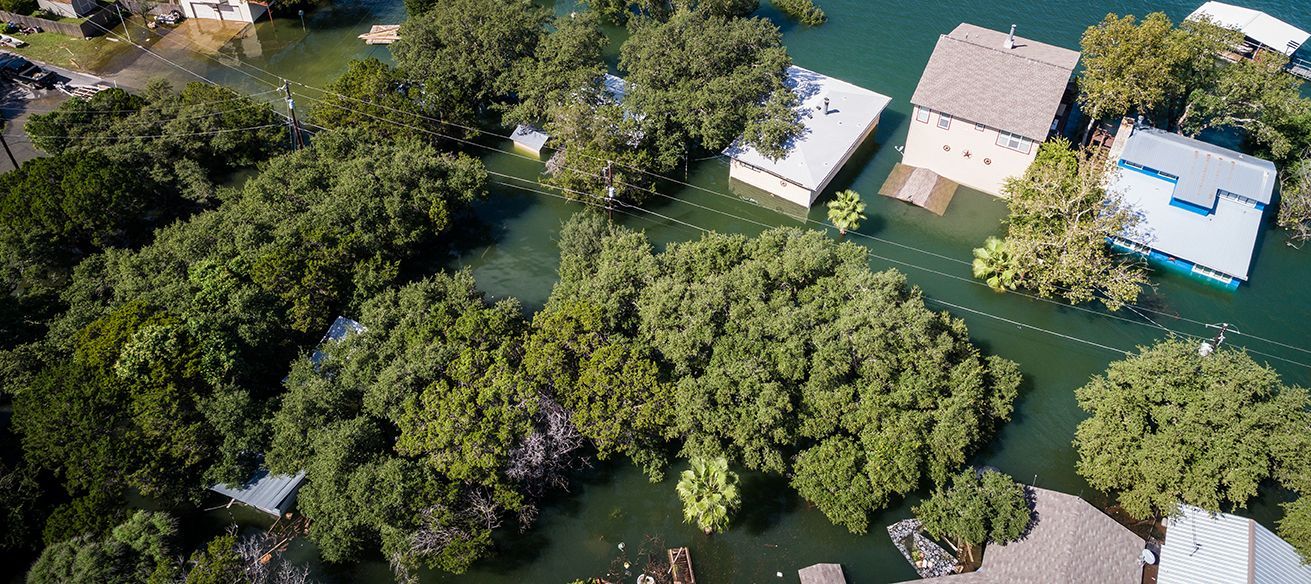IBTS to Provide Plan Review, Inspections for $4B Panasonic EV Battery Plant in De Soto, Kansas
Share this article:

ASHBURN, VA. – The Institute for Building Technology and Safety (IBTS) will provide plan review and inspection services on behalf of the City of De Soto, Kan., during the construction of Panasonic’s $4 billion electric vehicle battery (EV) factory there.
Through a competitive procurement process, the national nonprofit was chosen by the City to provide plan reviews and onsite inspections for the 5.5 million sq. ft. facility.
Groundbreaking took place in November, with battery production projected to begin March 2025. Construction of this fast-paced project will be monitored by IBTS’ local government solutions team, which will be onsite full-time ensuring that the structure meets code requirements.
Once constructed, the plant will manufacture lithium-ion batteries for auto manufacturers to help meet increasing domestic EV battery demand. The plant is expected to create thousands of new jobs and represents a significant economic development boon for both the State of Kansas and the EV market.
De Soto is a small city in the Kansas City metro region with a population of approximately 6,000 people. While the Panasonic facility represents an enormous opportunity for the area, the project also presented a challenge for the City in meeting the corresponding surge in building code enforcement requirements.
To meet this need, the City selected IBTS to provide third-party building department services through its experienced professional staff, certified by the International Code Council (ICC). IBTS’ Kansas City branch has provided these and other services to local governments in the region for more than 10 years.
“During the selection process, it became clear that IBTS has the expertise, experience, and capacity to ensure the Panasonic facility meets the City’s requirements for employee and community safety,” said De Soto City Administrator Mike Brungardt, P.E. “We appreciate IBTS’ ability to not only help the City with this important and complex project, but their commitment to our community and its future.”
“IBTS is proud to support the City of De Soto by providing on-time services to ensure the safety of the facility,” said IBTS’ Local Government Services Development Lead Curt Skoog. “We are excited for the opportunity to take part in the historic return of advanced manufacturing plants to the United States and the breadth of opportunities it provides our communities.”
IBTS is a national nonprofit organization and trusted advisor and partner to local, state, and federal governments. Our nonprofit mission to serve and strengthen communities is advanced through our professional services. These include building code services and regulatory expertise; compliance and monitoring; community planning; disaster planning, mitigation, and recovery expertise; energy solutions; municipal services; grants management; market research; program management and oversight; resilience services; solar quality management; and workforce development and training.
IBTS’ work is guided by a Board of Directors with representatives from the Council of State Governments (CSG), the International City/County Management Association (ICMA), the National Association of Counties (NACo), the National Governor’s Association, and the National League of Cities (NLC).
Media Contact:
KAREN M. JOHNSON, Market Engagement Program Director
The Institute for Building Technology and Safety
1-571-357-4820





